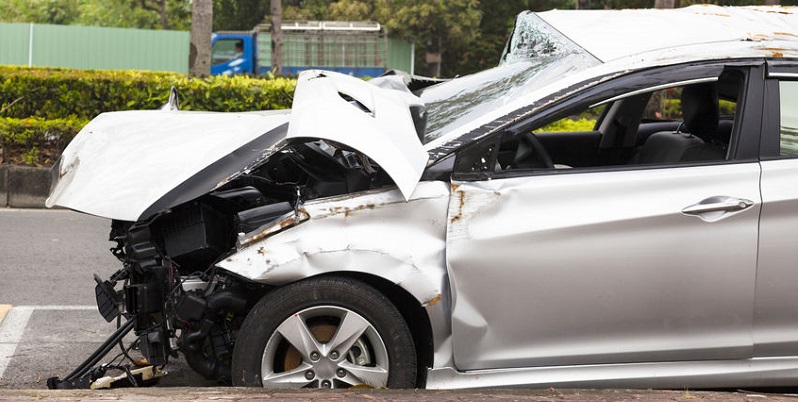After evaluating your Colorado personal injury case, a lawyer may decide not to represent you. Here are some possible reasons why.
Is It Just the Attorney, or Could It Be Something More?
You’ve been injured in car accident in Colorado and want to file a lawsuit, but a personal injury attorney has just declined to take your case. If the reason has to do with the lawyer’s availability or a potential conflict of interest, then you just need to contact another attorney, but if the reason has to do with the case itself, then that is definitely worth exploring.
Here are some potential reasons a personal injury lawyer might rightfully turn down a case:
Your Case Has No Merit
A lawyer who knowingly files a frivolous claim could be sanctioned by the court or could be forced to pay the fees and costs the opposing counsel incurred in defending the suit, so if your case has no merit, a lawyer will refuse to represent you. Personal injury attorneys invest significant amounts of time and money in their cases and don’t get paid unless the client does, so if the value of your case is very low, the amount of compensation you could reasonably expect to obtain would not be worth the cost of litigation.
The Statute of Limitations Has Passed
Personal injury lawsuits must be filed within a certain period of time, according to jurisdiction. In Colorado, the statute of limitations for personal injury lawsuits is two years, or three years for personal injury and injury to property claims if a motor vehicle is involved. If the car accident in which you were injured happened more than three years ago, the statute of limitations will have passed and you are barred from bringing a lawsuit for damages.
Liability May Not Be Clear
In order to recover damages in a personal injury case, the plaintiff must establish liability, proving that the injuries sustained were due to the negligence of another person. If liability is obvious, as might be the case in an accident caused by a drunk driver, fault will likely not be an issue, but liability is usually not that easy to prove.
The Fault Is at Least Half Yours
Under Colorado law, if a party is found to be more than 50 percent at fault for an accident or injury, they will not be able to successfully sue for damages. If they are less than 50 percent at fault, they will be allowed to seek recovery, although the amount that can be recovered diminishes according to the plaintiff’s relative degree of fault. The laws on personal injury can differ from state to state, so it is important to seek the advice of an attorney in the state where the accident happened.
You Didn’t Suffer Compensatory Damages
In order to have a viable personal injury case, you must have sustained compensatory damages. These can be in the form of economic damages, which include:
- Medical expenses
- Property damage
- Loss of present and future wages
- Diminished earning capacity
You can also be compensated for non-economic damages, which may include pain and suffering, emotional distress, loss of enjoyment of life, and loss of consortium. But if your injuries were not significant, it likely won’t be worth pursuing a personal injury case.
Your Case Is Outside the Lawyer’s AOP
Sometimes a client’s injury involves an area of practice (AOP) that a personal injury lawyer doesn’t specialize in, such as medical malpractice, product liability, or workers’ compensation, in this case, you may simply be referred to someone who has expertise in that area of law, and your case can proceed.

